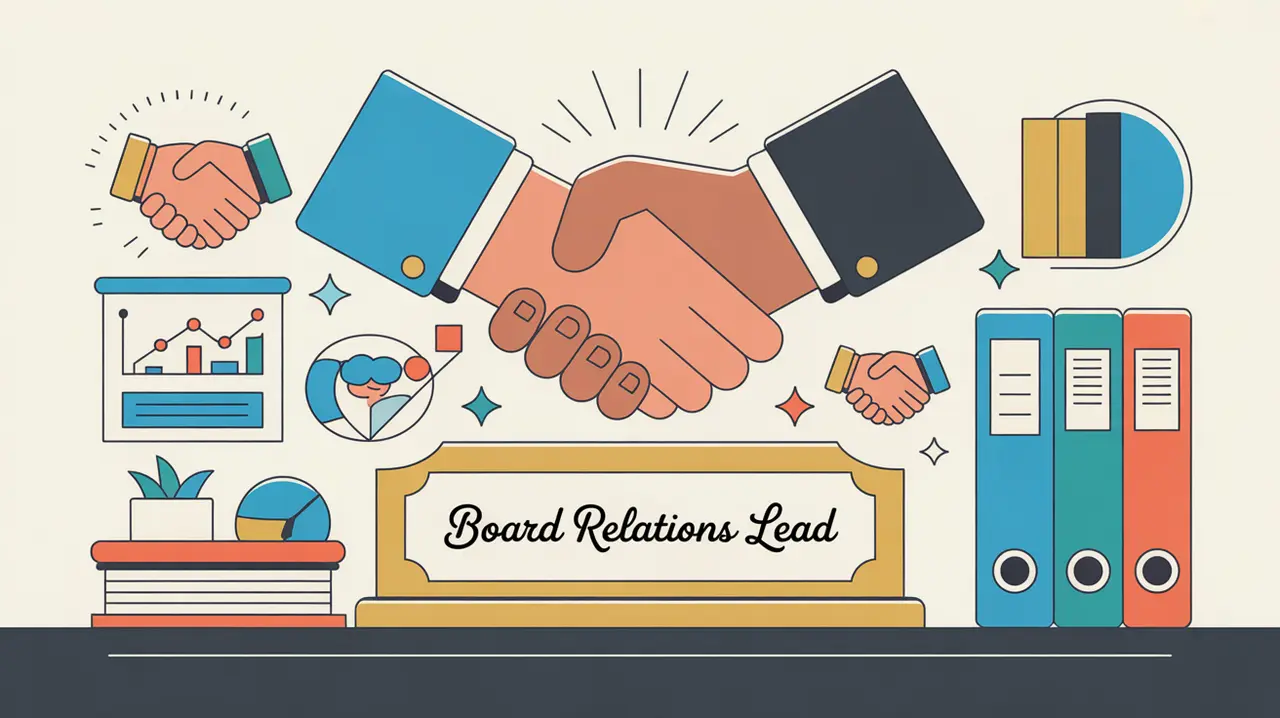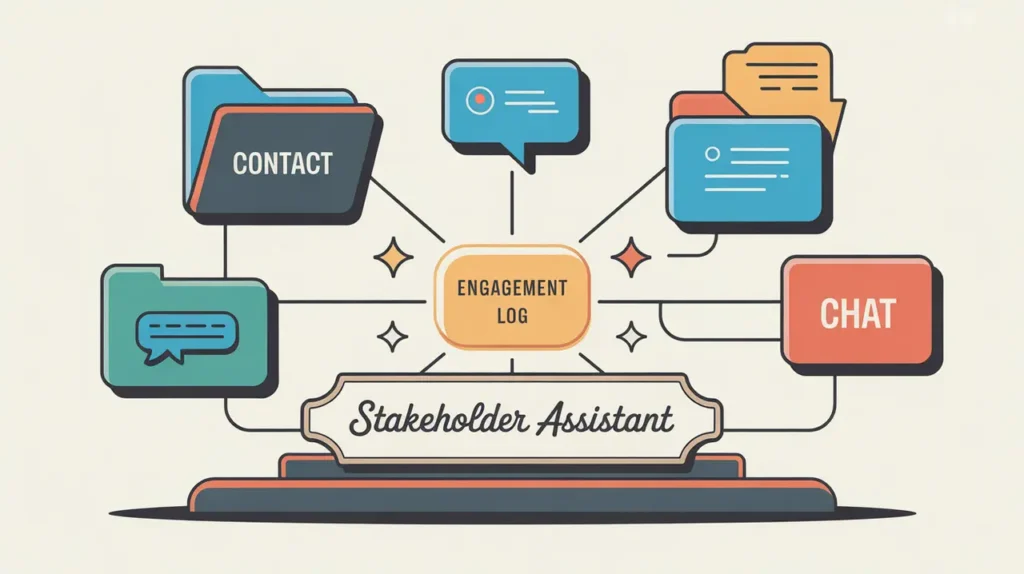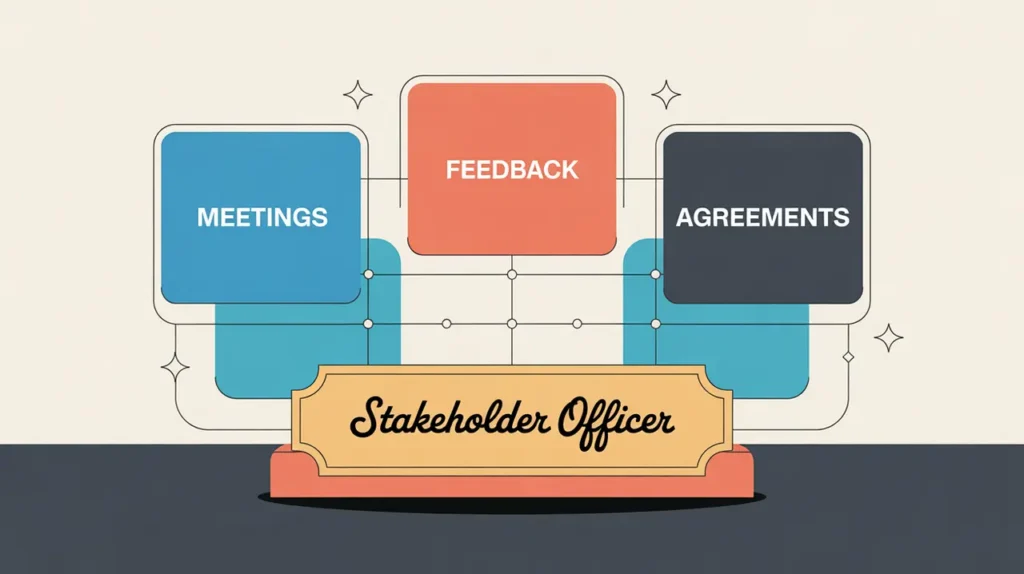What Does the Board Relations Lead Role Involve?
A board relations lead is responsible for shaping and managing the strategic relationship between an organization’s leadership and its board of directors. This involves overseeing board engagement processes, coordinating governance activities, preparing strategic materials, advising leadership on board relations, and ensuring that the board is well positioned to provide effective oversight and guidance. Board relations leads work at the intersection of governance, strategy, and executive operations, often acting as trusted advisers to senior leadership and board chairs. The role typically sits within governance, executive leadership, or strategy functions. In both nonprofits and social enterprises, strong board relations are essential for effective governance, strategic alignment, and organizational credibility.
At What Level does this Role Operate?
Senior Level: This role operates with a high degree of strategic responsibility, typically reporting to the executive director, chief of staff, or CEO. Board relations leads may supervise board liaisons or engagement specialists and work closely with board leadership to shape agendas, support decision making, and strengthen governance systems. They play a central role in ensuring the board’s work is integrated with organizational strategy and leadership priorities.
Relative Employability: Senior board relations roles are essential across nonprofits and social enterprises with mature governance structures. Individuals with deep governance knowledge, strategic thinking, and leadership experience are highly valued, as effective board management is critical to organizational performance.
Relative Pay Scale: Within nonprofits and social enterprises, board relations lead roles typically sit in the senior pay bands for governance and executive operations positions. Compensation reflects both the strategic influence of the role and its proximity to organizational leadership.
What are the Key Responsibilities and Activities?
- Lead board engagement and governance strategy in alignment with organizational goals
- Advise senior leadership on board relations and governance best practices
- Develop board meeting agendas and strategic materials in collaboration with leadership and board chairs
- Oversee preparation and distribution of board packets, reports, and presentations
- Facilitate effective communication between leadership and the board, ensuring clarity and timeliness
- Support board committees in strategic planning, oversight, and follow-up
- Supervise board engagement or liaison staff and ensure strong governance systems
- Lead governance process improvements and maintain compliance with legal and organizational requirements
What Core Competencies and Qualifications are Needed?
Required Qualifications and Experience
The following reflect common qualifications and experience expected for this role, while recognizing that pathways may vary by context, organization, and region.
- Relevant academic background in business administration, governance, public administration, or a related field, or equivalent professional experience
- Appropriate years of relevant experience for a senior-level role, including demonstrated leadership in board relations, governance, or executive operations
- Strong knowledge of governance structures, nonprofit or social enterprise operations, and board dynamics
- Experience advising senior leadership and managing high-level stakeholder relationships
Key Competencies
- Strategic thinking and deep understanding of governance processes
- Excellent communication and facilitation skills with senior stakeholders
- Leadership and team management capabilities
- Ability to synthesize complex information into strategic briefings for boards
- Political acumen and judgment in navigating board–leadership dynamics
- Commitment to high standards of confidentiality, integrity, and professionalism
How are AI and Automation Shaping this Role?
An AI-native board relations lead will look to AI and automation to support strategic board engagement and governance planning. They can use AI tools to generate tailored board briefings, analyze board performance data, and surface trends that inform governance decisions. Automation can streamline agenda setting, follow-up tracking, and committee coordination, freeing capacity to focus on high-level strategy and relationship building. By integrating AI thoughtfully, board relations leads can enhance governance effectiveness and ensure the board operates as a strategic asset to the organization.
What Career Pathways and Transferable Skills are Associated with this Role?
Board relations lead roles prepare professionals for advancement into executive leadership positions such as chief of staff, director of governance, or COO. The combination of governance expertise, strategic advisory experience, and leadership interaction developed in this role is transferable to senior strategy, operations, and executive support functions across nonprofits, social enterprises, corporate entities, and public institutions.







